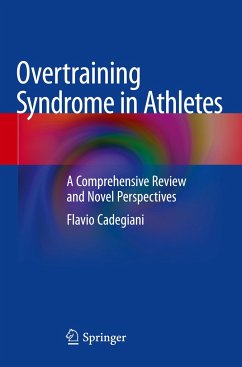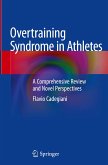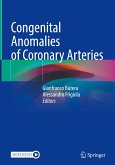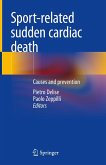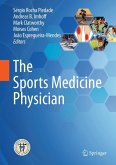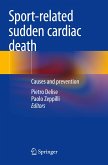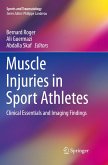This book discusses major changes in our understanding of the most prevalent non-orthopedic, sports-related condition - overtraining syndrome (OTS), arguing that it should be considered as the manifestation of burnout in athletes, rather than simply the result of excessive training.
While the chronic adaptations of the cardiovascular and musculoskeletal systems to exercise are well documented, those of the endocrine system are less well known, and adaptations of the hormonal ranges for athletes are yet to be determined. There is also a lack of standardized diagnostic criteria, consistent assessment methods and biomarkers.
This book offers a systematic review of the hormonal aspects of overtraining syndrome, and a comparison with sports-related syndromes triggered by chronic deprivation of different sorts, including the female athlete triad (and its derivative, RED-S) and burnout syndrome of the athlete (BSA). It demonstrates that these conditions, although studied separately from each other, may all be different manifestations of the same condition, leading to 'maladaptive' (dysfunctional forced adaptations to a hostile environment) changes in response to chronic depletion of energy and mechanisms of repair, causing multiple dysfunctions.
The author proposes that OTS/Paradoxical Deconditioning Syndrome (PDS), RED-S/TRIAD and BSA are parts of a same condition, or at least a group of similar conditions. Further, the book offers a chronological overview of OTS, based on preliminary research.
Given its broad scope, this concise reference book will appeal to a range of health professionals. It allows readers, including those without a strong academic background, to gain a systematic understanding of OTS.
While the chronic adaptations of the cardiovascular and musculoskeletal systems to exercise are well documented, those of the endocrine system are less well known, and adaptations of the hormonal ranges for athletes are yet to be determined. There is also a lack of standardized diagnostic criteria, consistent assessment methods and biomarkers.
This book offers a systematic review of the hormonal aspects of overtraining syndrome, and a comparison with sports-related syndromes triggered by chronic deprivation of different sorts, including the female athlete triad (and its derivative, RED-S) and burnout syndrome of the athlete (BSA). It demonstrates that these conditions, although studied separately from each other, may all be different manifestations of the same condition, leading to 'maladaptive' (dysfunctional forced adaptations to a hostile environment) changes in response to chronic depletion of energy and mechanisms of repair, causing multiple dysfunctions.
The author proposes that OTS/Paradoxical Deconditioning Syndrome (PDS), RED-S/TRIAD and BSA are parts of a same condition, or at least a group of similar conditions. Further, the book offers a chronological overview of OTS, based on preliminary research.
Given its broad scope, this concise reference book will appeal to a range of health professionals. It allows readers, including those without a strong academic background, to gain a systematic understanding of OTS.

